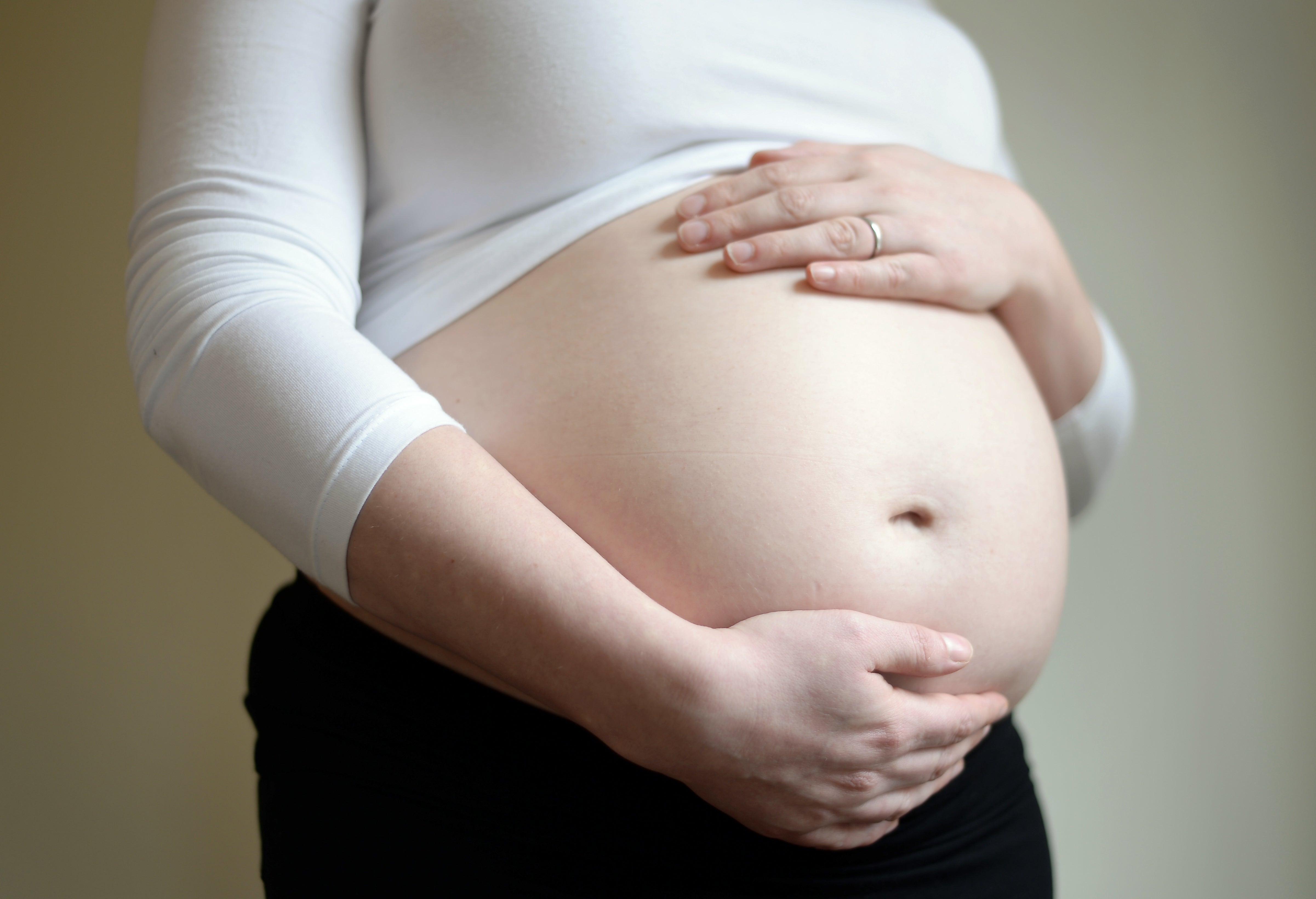Poverty impacts babies before they are even born, new study finds
From as early as mid-way through pregnancy, babies from poorer families are already smaller than those with richer mothers.

Your support helps us to tell the story
From reproductive rights to climate change to Big Tech, The Independent is on the ground when the story is developing. Whether it's investigating the financials of Elon Musk's pro-Trump PAC or producing our latest documentary, 'The A Word', which shines a light on the American women fighting for reproductive rights, we know how important it is to parse out the facts from the messaging.
At such a critical moment in US history, we need reporters on the ground. Your donation allows us to keep sending journalists to speak to both sides of the story.
The Independent is trusted by Americans across the entire political spectrum. And unlike many other quality news outlets, we choose not to lock Americans out of our reporting and analysis with paywalls. We believe quality journalism should be available to everyone, paid for by those who can afford it.
Your support makes all the difference.Unborn babies with poorer mothers are smaller than their richer counterparts as early as midway through pregnancy, a study has found, opening them up to a lifetime of ill health.
It is the first time size differences have been found at such an early stage of development, and the researchers at the University of Aberdeen are also the first to compare across continents.
Professor Steve Turner, who led the study, said: “What this study shows is that the inequality, as seen by reduced size in foetal life, is present long before birth and this poverty gap widens between 20 weeks gestation and birth.”
There is a well-recognised health inequality where quality and duration of life are lower among the most poor. This divide is present both within and between countries.
Researchers analysed data from around 22,000 mothers across the world and gathered details on antenatal and birth size, and related it to household income.
The negative health outcomes associated with smaller size before and at birth are already known.
They include high blood pressure, type two diabetes, heart attacks, asthma, ADHD and even early death.
Professor Turner said: “There is a well-recognised health inequality where quality and duration of life are lower among the most poor. This divide is present both within and between countries.”
He added: “Basically, regardless of whether you live in Saudi, the US or Europe, and accounting for things that might affect foetal growth, if your parents are poor you will be smaller before birth and at birth compared to if your parents were not poor.
“This is problematic as small size before and after birth puts an individual at increased risk for many serious illnesses in later life.”
Authors of the paper, published in the Journal of Epidemiology and Community Health, said they hoped the study will encourage healthcare providers to recognise the health risks associated with lower income for mothers and their unborn children, and to provide more support and guidance to mitigate the risks.
Professor Turner added: “We suggest that the mechanisms that drive this inequity may be explained by pregnant mothers from poor households having difficulty in accessing or engaging with antenatal care.
“We would like to see healthcare providers around the world strive to increase engagement with pregnant mothers living in poverty.
“This engagement will reward all of society by putting unborn children on a trajectory to longer and healthier lives.”